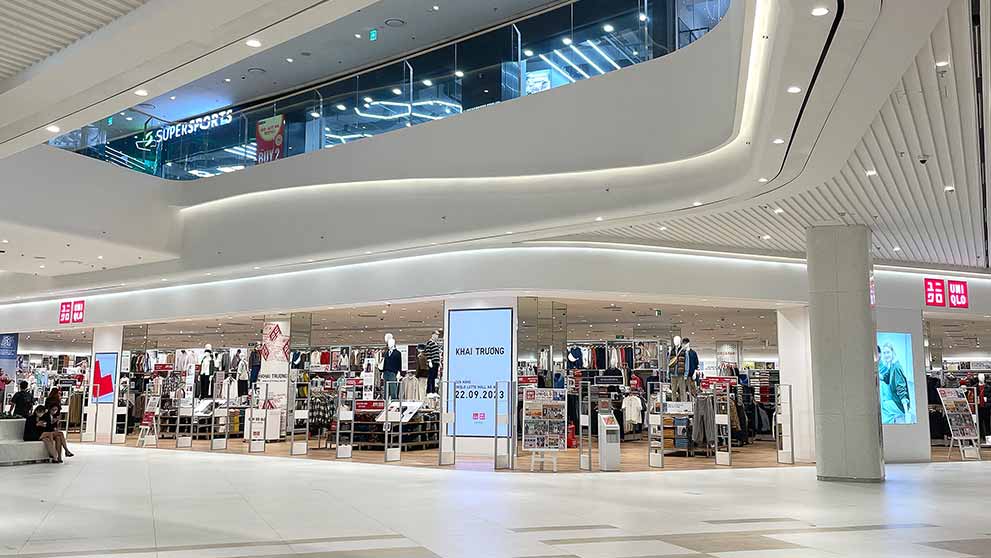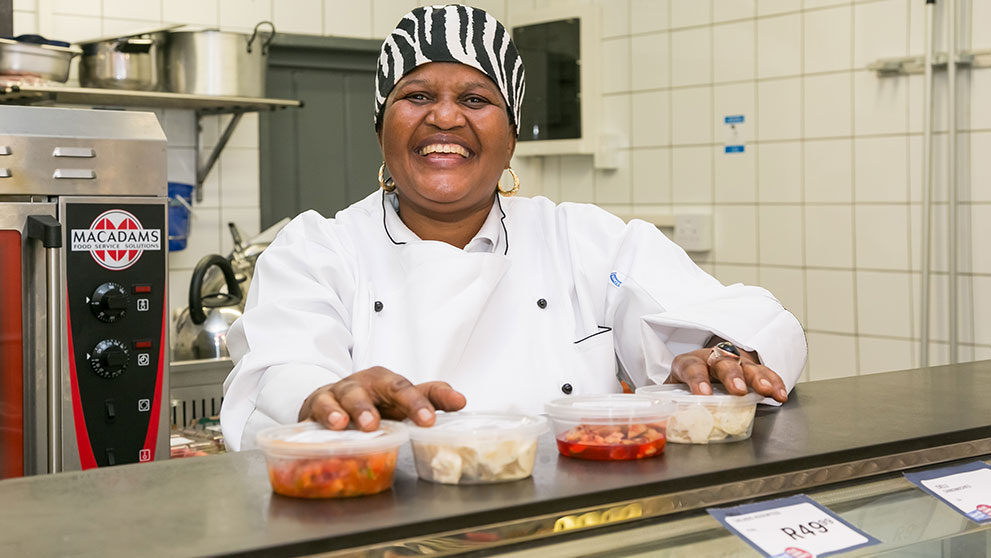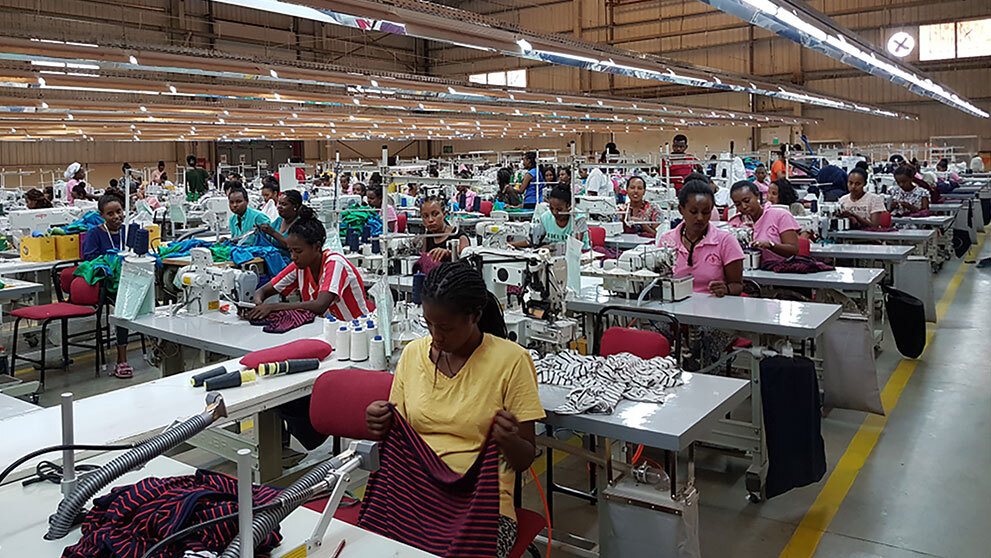The highly anticipated return of the South African wine industry to the global stage took place at the London Wine Fair in May 2024. This marks an exhilarating development for the industry following its brief hiatus from the global arena over the past 6 to 12 years.
Showcasing the crème de la crème of South African wine producers, Mentzendorff and Wines of South Africa delivered a stunning array of wines. This impressive display happened despite recent droughts and port delays, illustrating remarkable resilience with robust domestic sales and increasing international demand for premium wines.
A few years back, South African vineyards operated primarily on traditional methods, heavily reliant on the local market. Today, the industry is undergoing a dramatic transformation, influenced by global trends that are reshaping the wine landscape.
Key Trends Driving Global Change
As 2024 unfolds, South African wineries face a pivotal moment to adapt and innovate to stay competitive. By staying informed about game-changing trends and leveraging them, businesses can excel on the global stage.
Here are the key trends to watch.
Embracing Sustainability and Organic Practices
One of the most significant trends impacting the global wine industry is the shift towards sustainability and organic practices. Consumers are becoming increasingly conscious of the environmental impact of their purchases, extending this awareness to their wine choices. Organic and biodynamic wines are gaining popularity, with a growing market segment willing to pay a premium for environmentally friendly products.
For South African wineries, adopting these practices can unlock new market opportunities and enhance brand reputation. Implementing sustainable practices such as reducing water usage, eliminating chemical pesticides, and focusing on soil health can significantly appeal to eco-conscious consumers. Additionally, achieving organic certification can serve as a powerful marketing tool, signaling a commitment to quality and environmental stewardship.
Leveraging Technology and Innovation
Technological advancements are another driving force in the evolution of the wine industry. From precision viticulture using drones and sensors to monitor vineyard health to blockchain technology ensuring supply chain transparency, innovation is reshaping how wine is produced, distributed, and consumed.
South African wineries can reap benefits from adopting these technologies to increase efficiency and enhance product quality. Precision agriculture tools, for instance, can help optimize harvests, reduce waste, and improve grape quality. Additionally, leveraging e-commerce platforms and digital marketing can expand market reach, enabling direct-to-consumer sales that bypass traditional distribution channels.
Responding to Shifting Consumer Preferences
Consumer preferences are continuously evolving, with notable trends such as the rise of low-alcohol and no-alcohol wines, and an increased interest in unique and exotic wine varieties. Health-conscious consumers and those seeking novel experiences are driving these shifts.
South African wineries can tap into these trends by diversifying their product offerings. Producing low-alcohol or non-alcoholic wine alternatives can cater to health-focused consumers while experimenting with lesser-known grape varieties can attract adventurous wine enthusiasts. Storytelling and branding that highlight the unique aspects of these wines can further engage consumers and differentiate products in a crowded market.
Fostering Global Expansion and Collaboration
The global wine market is expanding, with emerging markets presenting new opportunities for growth. African nations, in particular, have the potential to tap into the increasing demand for wine, creating opportunities for intra-continental trade expansion.
South African wineries should consider strategic collaborations and partnerships to penetrate these markets. Collaborating with international distributors and participating in global wine fairs can increase visibility and access to new customer bases. Additionally, fostering relationships with other wineries for knowledge exchange and joint marketing initiatives can enhance competitive advantage.
Enhancing Resilience through Diversification
Resilience in the face of economic fluctuations and climate change is crucial for the long-term sustainability of wineries. Diversifying revenue streams, such as offering wine tourism experiences, can provide additional income and strengthen customer relationships.
South African wineries can leverage their scenic landscapes and rich heritage to attract tourists. Offering vineyard tours, wine-tasting sessions, and hosting events can create memorable experiences that build brand loyalty. Additionally, developing hospitality services such as restaurants or accommodations on winery grounds can further boost revenue and resilience.

Partnering with DHL for Global Reach
To successfully navigate these trends and expand their reach, South African wineries can benefit from partnering with logistics experts like DHL. DHL offers specialized services that cater to the needs of the wine industry, ensuring the safe and efficient delivery of products to both domestic and international markets.
Opening a business account with DHL provides access to tailored solutions, including temperature-controlled shipping, customs expertise, and a robust global network. This partnership can help wineries overcome logistical challenges and reach a broader audience, enhancing their ability to compete on the global stage.
Conclusion
As the global wine industry continues to evolve, South African wineries have a unique opportunity to adapt and thrive by embracing sustainability, leveraging technology, responding to consumer preferences, fostering global collaboration, and enhancing resilience. Navigating the ever-changing tide of the wine industry requires innovation, adaptability, and strategic partnerships. By understanding and leveraging key trends, South African wineries can position themselves for a prosperous future, contributing to the global shift while showcasing the unique flavours and stories of their vineyards.







































